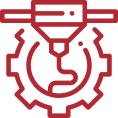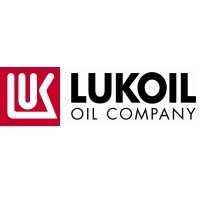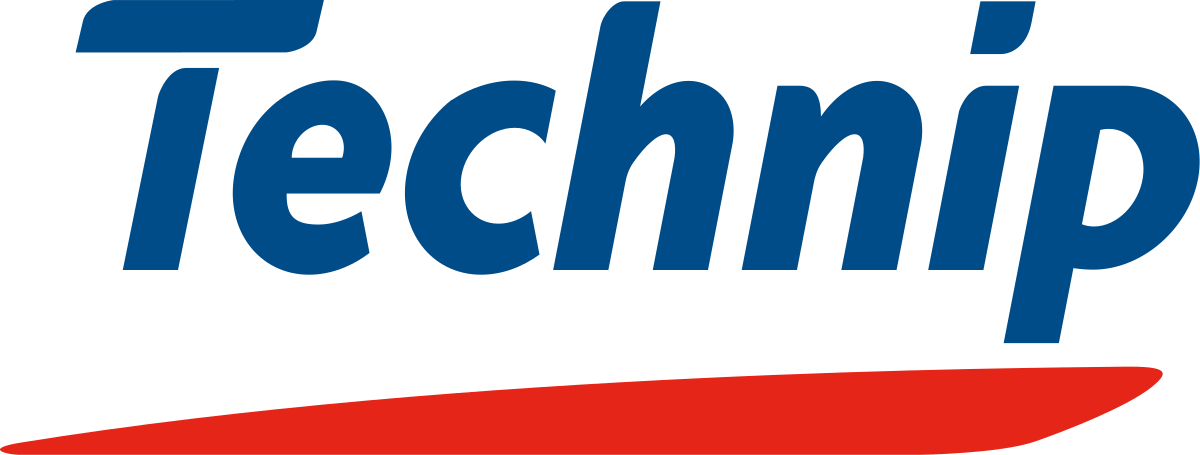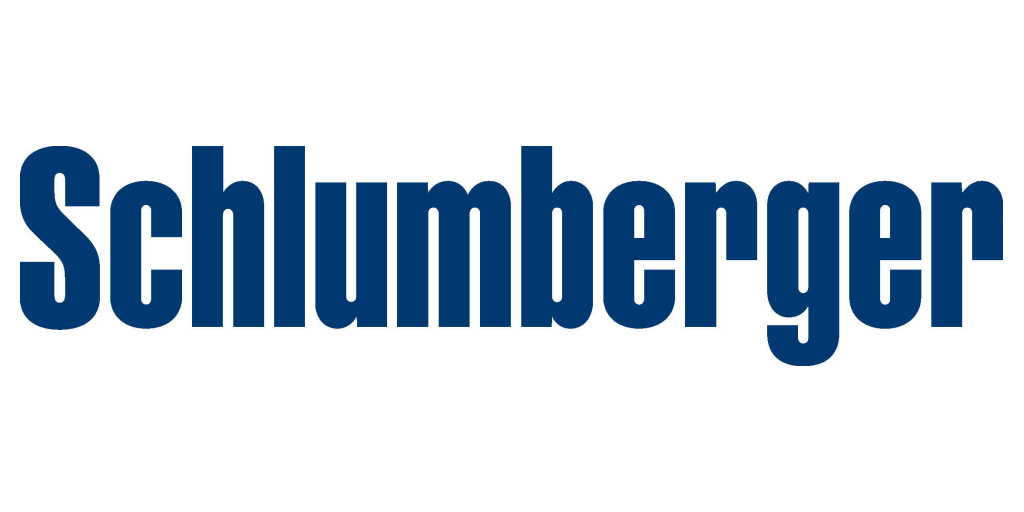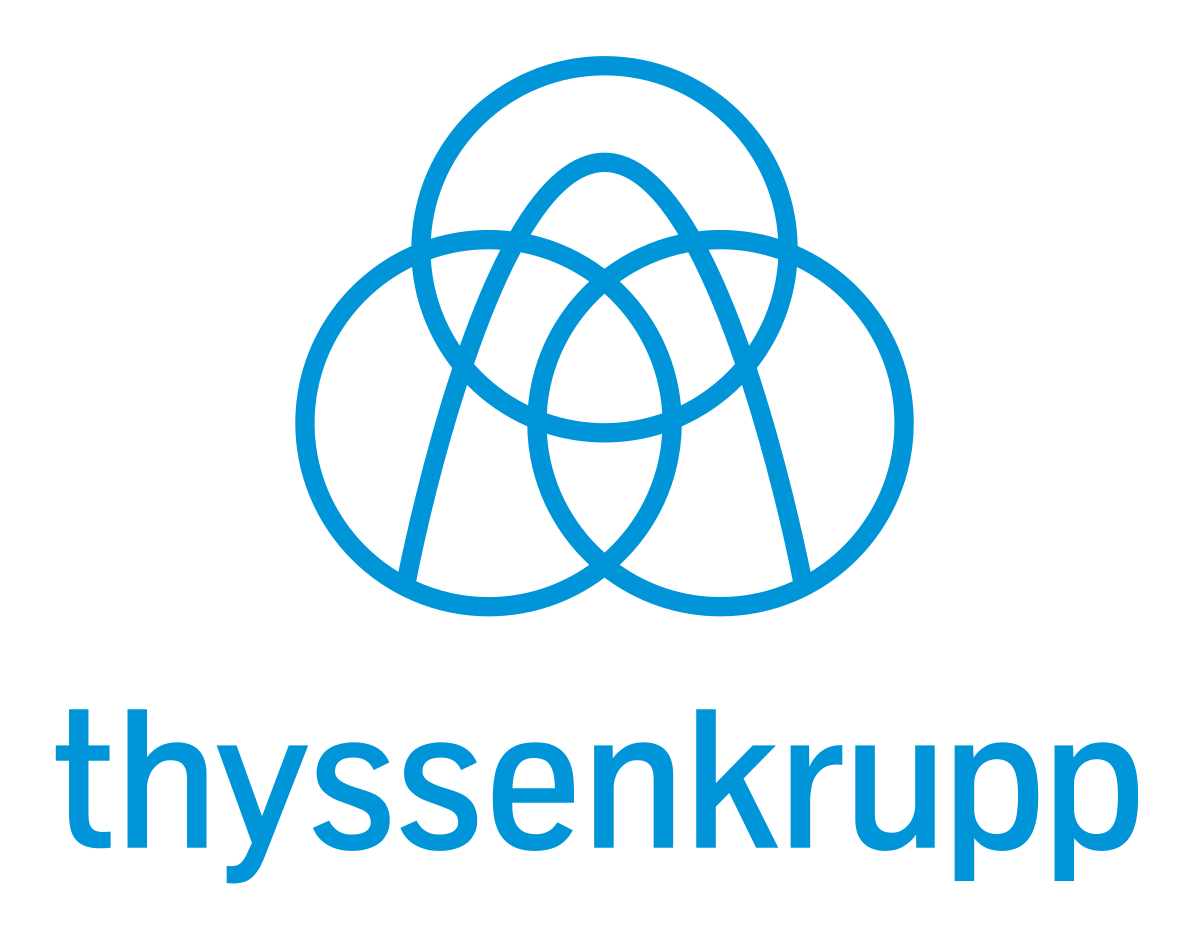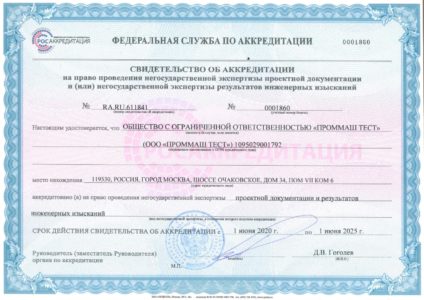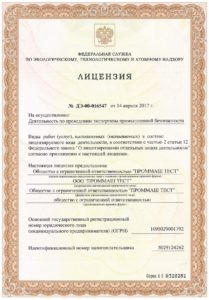
The Customs Union (CU) began to operate as a structure in January 2010. It is a form of trade and economic integration, involving a single customs territory, within which:
– there is unimpeded turnover of goods;
– In trade with each other the member countries do not apply customs duties;
– at the internal borders of the member countries there are no customs control and registration;
– in foreign trade, common regulatory measures and customs tariff are applied.
Initially the member countries of the CU were Russia, Kazakhstan and Belarus. At the end of 2014 Armenia and Kyrgyzstan joined them.
In 2014, the countries of the Customs Union decided to move to a new level of economic integration and established the Eurasian Economic Union (EEU). The Customs Union (CU) continues to function as a subsystem within it based on previous principles. However, now all legislative decisions are made at the level of the EEU, including those related to technical regulation and the assessment of the conformity of goods with established requirements. The technical regulations that continue to be developed and put into effect are now called EEU technical regulations.
What is an EEU (Customs Union) certificate?
The safety of products that are in circulation on the market of the Eurasian Economic Union (EEU) is ensured through the application of technical regulations.
Technical regulations of the EEU is a document adopted by the Eurasian Economic Commission, which establishes the requirements for the objects of technical regulation that are mandatory for application and execution on the territory of the EEU.
Certificate of conformity is a document confirming the compliance of goods with certain national safety requirements and standards established by technical regulations.
Only a specialized organization, a certification body, can issue a document. It is a legal person or an individual entrepreneur, accredited by national accreditation system to perform certification works.
Certification bodies of the “Sercons” group of companies have the right to issue certificates of conformity for the following types of products:
- low-voltage equipment;
- machines and equipment;
- equipment for work in explosive environments;
- equipment operating in gaseous fuels;
- equipment operating under overpressure;
- products intended for children and adolescents (including toys);
- elevators;
- wheeled vehicles and tractors;
- road marking elements;
- amusement rides and playground equipment for children’s playgrounds;
- fire-fighting equipment;
- furniture;
- personal protective equipment.
Who needs to obtain an EEU (Customs Union) certificate of compliance
Everyone who intends to sell their goods on the common market of the EEU countries must obtain a certificate. The person in whose name the document is issued is called the applicant. This can be a legal entity or individual entrepreneur registered in one of the EEU countries.
The certificate has the right to obtain:
- producer of goods;
- importer who has concluded a foreign trade contract with a foreign manufacturer (seller) for the transfer of products, releases these products into circulation and (or) sells them in the customs territory of the EEU and is responsible for their compliance with the requirements of technical regulations;
- a seller that sells products under the contract and is not a manufacturer.
How to obtain a certificate of conformity of the EEU (Customs Union)
A certificate can be issued for serial products, a batch of goods or a single product. Forms, schemes and procedures for assessing the conformity of products are established in technical regulations. Forms and schemes of conformity assessment shall be selected taking into account the hazards and on the basis of the analysis of risks, characteristic for products, as well as taking into account the range of applicants, established by the technical regulations.
If the standard scheme provides research (tests) and measurements of products in an accredited testing laboratory, the applicant or certification body in agreement with the applicant has the right to apply to any accredited testing laboratory (center), which has current accreditation in the required field.
Certification work shall be carried out on the initiative of the applicant, which enters into a contract with the certification body.
The applicant submits to the certification body an application and a package of documents required by the relevant technical regulations.
The certification body decides to issue a certificate to the applicant if positive results are obtained:
- analysis of the documents submitted by the applicant;
- research (tests) and measurements of samples (samples) of products;
- an analysis of the state of production (if envisaged by the certification scheme).
The certification body shall issue a certificate for the products and enter information about it in the unified register of issued certificates of conformity.
The applicant in the established order marks the certified products with a single circulation mark.
The certification body and the applicant form and keep a set of evidentiary materials, confirming conformity of production to requirements of technical regulations.
Validity period of the certificate of conformity
The period of validity of the certificate of TR CU (EEU) is established in the technical regulations of the Customs Union (EEU). In the case of serially produced products its validity is not more than 5 (five) years.
Liability for lack of conformity certificate
Administrative Offences Code of the Russian Federation establishes responsibility of individuals, private entrepreneurs, officials and legal entities for selling goods, performing work or providing services to population without conformity certificate that certifies that they are safe for life and health of people.


